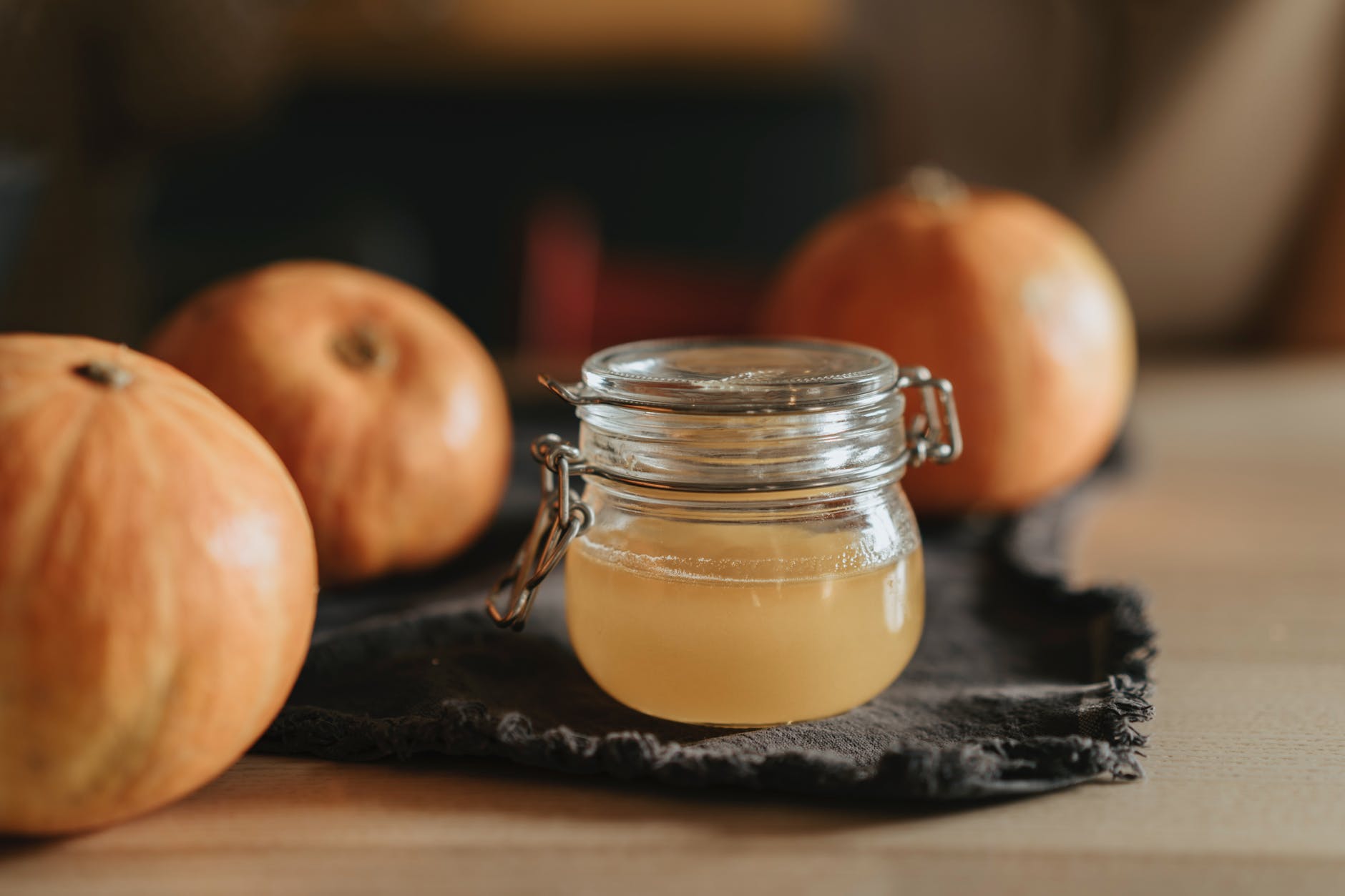Turmeric is Pure Gold For Skin!
Disclaimer: Priyanka Chopra’s DIY beauty mask revealed
Turmeric, often referred to as the golden spice, has been a staple in Eastern medicine for centuries. Its vibrant color and unique flavor have made it a popular ingredient in many dishes, but its benefits extend far beyond the kitchen. This powerful spice is packed with curcumin, a bioactive compound that has potent anti-inflammatory, antimicrobial, and antioxidant properties. These properties make turmeric a powerful ally for your skin. Let’s delve into the numerous ways turmeric can enhance your skin health.
Turmeric for Skin: A Natural Healer
Turmeric is a natural healer with a multitude of benefits for the skin. Here are some ways it can enhance your skin health:
Acne Management
Turmeric’s antimicrobial properties can help fight off acne-causing bacteria, while its anti-inflammatory properties can reduce the redness and swelling associated with acne. Applying a face mask made with turmeric powder can help reduce acne and prevent future breakouts.
Eczema and Psoriasis Relief
Turmeric can be beneficial in managing skin conditions like eczema and psoriasis. Its anti-inflammatory properties can help reduce the inflammation and itching associated with these conditions. Drinking turmeric tea or applying a turmeric-infused cream can provide relief from these skin conditions.
Under-eye Circles
Some sources suggest that turmeric may help with under-eye circles. Its anti-inflammatory properties can reduce puffiness, while its antioxidant properties can lighten the skin and reduce dark circles. However, more research is needed in this area.
Scalp Conditions
Turmeric may also be beneficial for various scalp conditions due to its anti-inflammatory and antimicrobial properties. It can help reduce dandruff and other scalp inflammations. Applying a turmeric-infused hair mask can promote a healthier scalp.
Skin Lightening
Turmeric is considered a potent ingredient for skin lightening and revealing glow. It can reduce dark spots, blemishes, and hyperpigmentation. Regular use of turmeric face masks can result in a brighter and more even skin tone.


Different Forms of Turmeric for Skin
Turmeric can be used in various forms, each offering unique benefits for the skin.
Turmeric Powder
Turmeric powder is the most common form of this spice and is often used in DIY face masks. It can help manage several skin issues like signs of aging, pigmentation, and acne. Mixing turmeric powder with honey or yogurt can create a powerful face mask that can rejuvenate your skin.
Turmeric Tea
Drinking turmeric tea can also benefit your skin. The antioxidants in turmeric tea can help fight off free radicals that cause skin aging and damage. Regular consumption of turmeric tea can result in healthier and more radiant skin.
Burnt Turmeric
While there isn’t specific information on the benefits of burnt turmeric on the face, turmeric in general has been used to heal scars, skin rashes, burns, and other uncomfortable skin conditions. The key health benefits of turmeric come from its bioactive component called curcumin, which has strong anti-inflammatory properties.
Turmeric Oil
Turmeric oil, extracted through steam distillation, is a potent form of turmeric that’s packed with turmerones and curcuminoids. These compounds are known for their strong anti-inflammatory and antioxidant properties. Turmeric oil can help soothe skin conditions like eczema and psoriasis, protect your skin from free radical damage, kill acne-causing bacteria, and even out your skin tone. You can apply turmeric oil directly to your skin or mix it with a carrier oil like coconut or jojoba oil. Remember to do a patch test first to ensure your skin doesn’t react negatively to it.
How to Use Turmeric for Skin: A Practical Guide
Turmeric’s skin benefits can be harnessed in various ways. Here are some practical methods to incorporate this golden spice into your skincare routine:
Turmeric Face Mask for Acne
A turmeric face mask can help reduce acne and prevent future breakouts. Here’s a simple recipe:
- Mix 1 teaspoon of turmeric powder with 2 teaspoons of honey to form a paste.
- Apply this paste to your face and let it sit for about 15 minutes.
- Rinse off with warm water.
Honey has antibacterial properties that can help kill acne-causing bacteria, while turmeric reduces inflammation and redness.
Turmeric Tea for Skin Health
Drinking turmeric tea can provide systemic benefits for your skin. Here’s how to make it:
- Boil 4 cups of water.
- Add 1 to 2 teaspoons of ground turmeric.
- Let it simmer for about 10 minutes.
- Strain the tea into a cup, add honey or lemon to taste, and enjoy!
This tea can help fight inflammation and free radicals that can damage your skin.
Turmeric Cream for Eczema and Psoriasis
Turmeric creams can provide relief from skin conditions like eczema and psoriasis. You can find over-the-counter creams containing turmeric, or you can make your own by mixing turmeric powder with a carrier oil like coconut or olive oil. Apply this mixture to the affected areas daily.
Turmeric Scrub for Skin Lightening
A turmeric scrub can help lighten the skin and reduce hyperpigmentation. Here’s a simple recipe:
- Mix 1 tablespoon of turmeric powder with 1 tablespoon of milk and 2 tablespoons of oatmeal.
- Apply this mixture to your face and gently scrub in a circular motion.
- Rinse off with warm water after about 10 minutes.
This scrub can exfoliate your skin, lighten dark spots, and give your skin a healthy glow.
Remember, everyone’s skin is different, and what works for one person may not work for another. Always do a patch test first to see how your skin reacts to turmeric, and consult with a dermatologist or healthcare provider if you have any concerns.
Side Effects of Turmeric on Skin
While turmeric is generally safe for most people, it’s always a good idea to do a patch test first to see how your skin reacts to it. Also, consult with a dermatologist or healthcare provider before starting any new skincare regimen. Overuse of turmeric can lead to skin dryness and irritation. If you have a gallbladder condition, are pregnant, or are on blood-thinning medications, you should consult your doctor before consuming turmeric.
Frequently Asked Questions About Turmeric for Skin
1. What Makes Turmeric Beneficial for Skin?
Turmeric is a powerhouse of benefits for the skin, thanks to its anti-inflammatory, antibacterial, and antioxidant properties. These properties work in synergy to manage several skin issues like signs of aging, pigmentation, and acne.
2. How Does Turmeric Help with Eczema and Psoriasis?
The anti-inflammatory properties of turmeric are a boon for inflammatory skin conditions like eczema and psoriasis. Turmeric oil, in particular, can be applied topically to soothe these conditions. However, the effectiveness can vary based on the severity of the condition and individual skin type.
3. Can Turmeric Really Improve Acne?
Turmeric’s antibacterial properties can help combat acne-causing bacteria, while its anti-inflammatory properties can reduce the redness and inflammation associated with acne. However, it’s not a standalone solution and should be part of a comprehensive skincare routine.
4. Does Turmeric Have an Effect on Skin Tone?
Turmeric has been known to lighten hyperpigmentation and even out skin tone. Regular use of turmeric in your skincare routine can lead to a brighter and more radiant complexion. However, results can vary and it may take time to see noticeable changes.
5. Is Turmeric Suitable for All Skin Types?
While turmeric is generally safe for all skin types, some people may have an allergic reaction to it. It’s always a good idea to do a patch test first to see how your skin reacts to turmeric.
6. Is Turmeric Safe to Use During Pregnancy?
Eating turmeric is generally considered safe during pregnancy, but for topical use, it’s best to consult with a healthcare provider.
7. How Often Can I Use Turmeric on My Face?
Turmeric can be used on the face daily, but it’s important to note that it can stain your skin a yellow-orange color. If you’re concerned about this, you may want to use it at night or on days when you’re not planning to go out.
8. Can Turmeric Cause Any Skin Problems?
While turmeric is generally safe for most people, some may experience an allergic reaction or skin irritation. If you notice any redness, swelling, or discomfort after using turmeric, it’s best to stop using it and consult with a healthcare provider.
9. How Can I Use Turmeric Oil for My Skin?
Turmeric oil can be applied directly to the skin or mixed with a carrier oil. It carries many of the same benefits as turmeric powder but in a more concentrated form. However, it’s essential to do a patch test before full application.
10. Is Burnt Turmeric Beneficial for the Skin?
While there isn’t specific information on the benefits of burnt turmeric for the skin, turmeric in general has been used to heal scars, skin rashes, burns, and other uncomfortable skin conditions. However, it’s always best to consult with a healthcare provider before trying new treatments.
Conclusion
Turmeric is a versatile spice with a plethora of benefits for the skin. Whether you’re dealing with acne, eczema, or just want to give your skin a healthy glow, turmeric might be the golden ticket you’re looking for. Remember, the key to skin health is consistency, so make sure to incorporate turmeric into your routine regularly to reap its full benefits.
Blog Tags: Turmeric, Skin Care, Natural Remedies, Anti-Inflammatory, Antioxidant, Acne, Eczema, Psoriasis, Skin Lightening, Under-eye Circles, Scalp Conditions, Burnt Turmeric, Turmeric Tea, Turmeric Powder.











